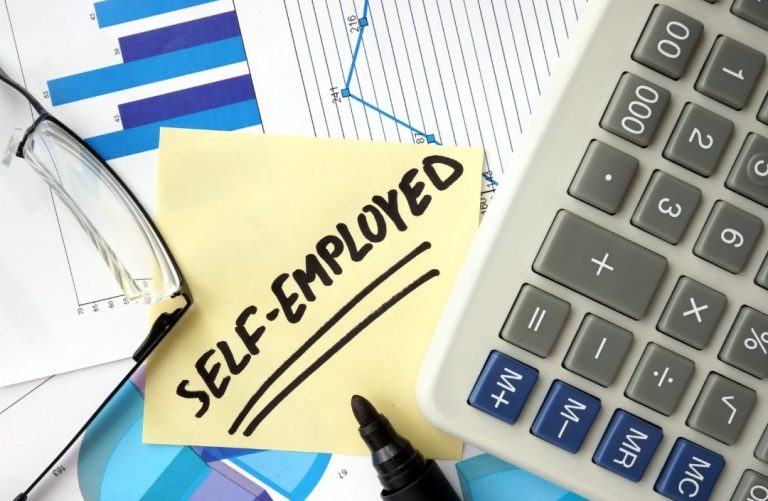If you’re self-employed and want to buy a home, expect a few extra steps. Lenders will want more paperwork to confirm your income, and they’ll look closely at your financial history. It’s doable—you just need to be prepared.
Start by organizing your documents. You’ll need at least two years of tax returns, your Notice of Assessments, and financial statements. Some lenders also ask for business licenses or GST/HST returns. The more consistent your income looks, the better.
Lenders check your credit history, so pull your report and deal with any issues. Keep your credit usage low and don’t open new credit accounts right before applying.
You’ll need a down payment of at least 5% for homes under $500,000. But if your income is harder to verify, some lenders may ask for more. A 20% down payment can also help you avoid mortgage insurance.
Work with a mortgage broker who understands self-employed borrowers. They can match you with lenders who accept non-traditional income. Some lenders use “stated income” products where they estimate your income based on your profession and experience, but those usually come with higher rates.
Make your finances easy to understand. Keep personal and business accounts separate. Pay yourself a regular salary if possible. It helps lenders see a steady income pattern.
You might qualify for the First-Time Home Buyer Incentive or the Home Buyers’ Plan if you meet the criteria. These programs can help with your down payment. Just make sure your taxes and business accounts are up to date first.
If your income varies year to year, the lender may average it. A dip in income can work against you. If that’s the case, you may want to wait until you have two solid years to show.
Buying a home when you’re self-employed is more paperwork, not a barrier. Get your documents in order, clean up your credit, and talk to a mortgage broker who knows what to do. It’s all about showing that your business is stable and your income is reliable.


